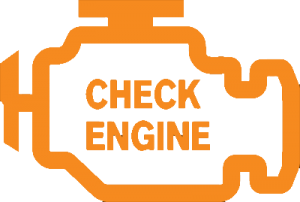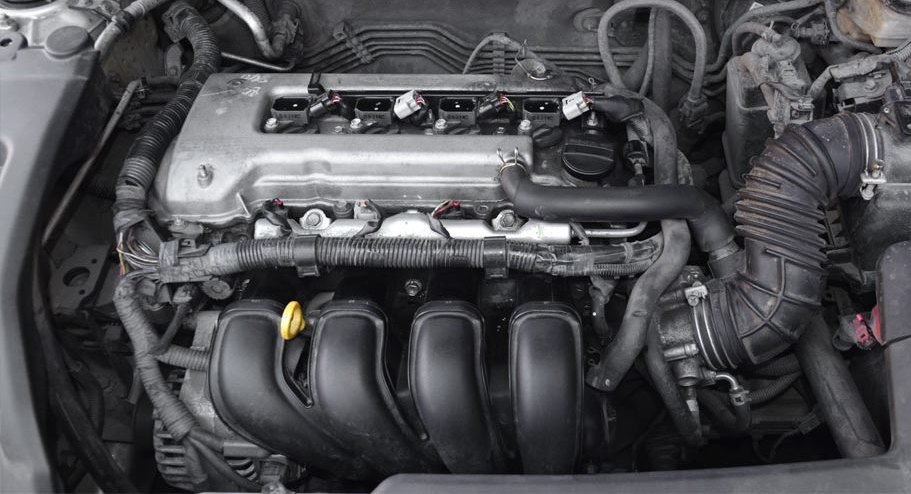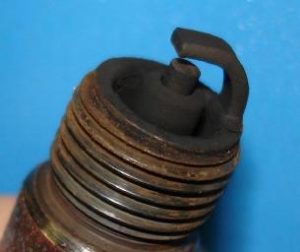What’s a Multiple Misfire, and Why Should You Care?
Alright, so you’re driving your Toyota Estima across the Hamilton East bridge, and suddenly the car starts shuddering. Maybe that “Check Engine” light pops on, too. Or, you start heading out from Glenview to Morrinsville for the weekend, and your Honda Accord is idling all rough at the lights on Victoria Street. Yep, you might have what we call “multiple misfires”. Not just one cylinder playing up – but a bunch of them. It’s not something you want to ignore, especially with all the stop-start in city traffic, potholes on Kahikatea Drive, or those speed bumps in Rototuna slowly giving your suspension a workout.
Engines rely on the right timing to spark up fuel and make power. When a bunch of cylinders miss that spark or don’t get enough (or too much) fuel, the engine just won’t run right. That’s a misfire. More than one at the same time? You’ll feel it, trust me, and your fuel economy will go out the window. If you keep driving, you might do your catalytic converter in, and then you’re up for a bigger bill.
What Causes Multiple Misfires?
You’ll probably see code P0300 pop up on the scan tool – that’s the “Random/Multiple Cylinder Misfire Detected” code. Loads of things can set it off, and here’s what we see most in the workshop:
- Worn or Dirty Spark Plugs: One of our techs just swapped out some spark plugs in a Nissan Tiida that’d been running through Dinsdale on short trips all its life – plugs were loaded with carbon and oil. When that happens, they just can’t do their job sparking up the fuel. That’s an easy misfire cause right there. Check out this
 if you’re curious what bad plugs look like.
if you’re curious what bad plugs look like. - Fuel Injector Problems: Sometimes it’s a fuel injector playing up. We had a Suzuki Swift come in from Cambridge last week with one injector leaking and another one totally blocked. Both can throw things out. Want more info? Here’s a link that explains leaking or blocked fuel injectors.
- Sensors Gone Bad: Crankshaft or camshaft sensors on your VW Passat or older Mazda have a big say in when the engine fires. If the sensor gives up, timing slips, and—bang—multiple misfires.
- Timing’s Out: Had a Hyundai Tuscon from Te Awamutu in last month, with a cambelt that’d slipped a tooth. As soon as timings out, those engine misfires start stacking up.
- Lousy Fuel: Even the best car won’t run right if the fuel’s bad—dirty petrol or real low octane, and you’re asking for issues. Fill up at a dodgy servo in Ngaruawahia, and things can go pear-shaped real quick.
Your scan tool might also spit out codes from P0301 to P0308 – that just tells you which cylinders are missing. Want to dig in more? Learn more about the P0300 fault code.
How Can You Tell if You’ve Got Multiple Misfires?
A few dead giveaways:
- Check Engine Light: You’ll see the light, maybe even flashing.
- Unusual Fuel Smell: Especially when you’re queuing for that WOF Hamilton run at the local VTNZ.
- Rough Shaking: Car vibrates at idle. Kicks a bit when you take off from the lights on Tristram Street.
- Weird Engine Noises: Sounds you probably haven’t heard before, especially if your engine’s randomly misfiring on different cylinders.

Multiple Misfire Diagnostics and Repairs in Hamilton
If you’re cruising round Hamilton, whether it’s Erskine Crescent or heading over to Huntly, and you feel your engine acting up, don’t leave it. At Grimmer Motors, we live and breathe car problems just like this—whether it’s a fresh imported hybrid from Japan, a Peugeot from Frankton, or an older Toyota Hiace racking up the KMs with work runs. One of our techs will scan your car, find what’s actually causing the problem, and sort it right the first time. No mucking about—just honest car servicing right here in the Tron.
Need a hand? Got questions or want a proper check over? Give us a shout, or just book your car in below!


 if you’re curious what bad plugs look like.
if you’re curious what bad plugs look like.